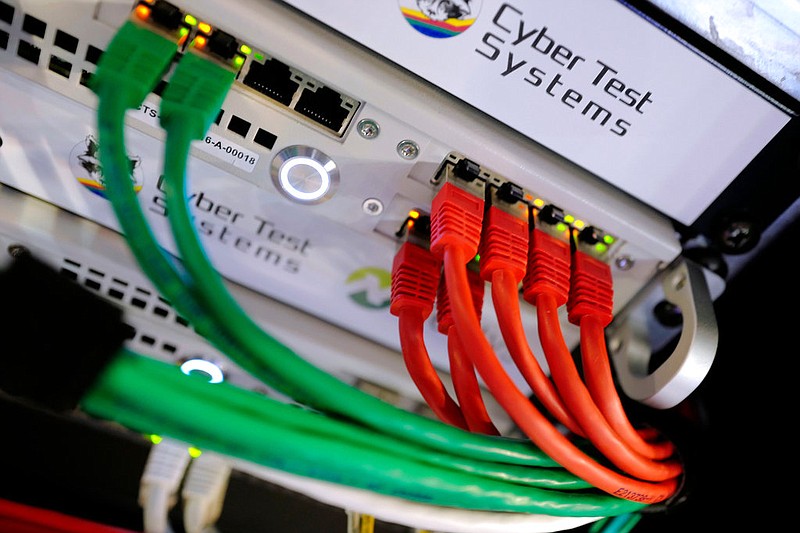Missouri is receiving nearly $3 million from the federal Bipartisan Infrastructure Law to boost internet infrastructure and adoption in the state.
The Missouri Department of Economic Development and National Telecommunications and Information Administration announced the investment Dec. 9.
The state is drawing down $827,338 from the federal agency's State Digital Equity Planning Grant Program and $2.1 million from its Broadband Equity, Access and Deployment (BEAD) Planning Grant Program.
The Office of Broadband Development within the Missouri Department of Economic Development will use the funds to promote the deployment and adoption of affordable, equitable and reliable high speed internet service, including creating a five-year statewide action plan.
"We're excited for the opportunities NTIA funding will provide for broadband expansion," BJ Tanksley, Office of Broadband Development director, said in a news release. "We've seen firsthand the importance of quality internet, whether for work, education or healthcare. Missouri has a big need for better access, but with these funds and public participation, we're well on our way to help close the digital divide."
According to the National Telecommunications and Information Administration, Missouri's grant money will be used to identify unserved and underserved areas, map assets, plan within the state Broadband Development Office and coordinate with local stakeholders, conduct community needs surveys and support workforce development.
Tanksley's office plans to gather input from stakeholders in education, government, local communities, businesses and housing to inform plans. That input will then be used to apply for full funding through the Digital Equity and BEAD programs.
"Both programs promise unprecedented funding for Missouri for digital equity and broadband infrastructure beginning in 2023," according to the department's news release.
The Bipartisan Infrastructure Law, signed by President Joe Biden last year, appropriated $65 billion to help close the digital divide around the country.
At least 30 states have received more funding than Missouri in the past two months, with most states awarded $5 million-$6 million.
There are anywhere from 430,000-500,000 locations in Missouri whose internet service needs are unserved and underserved, according to an analysis the broadband office completed at the end of 2021.
It would take approximately $1.7 billion-$2 billion to connect all of those areas and close coverage gaps throughout the state, according to the state broadband office.
In addition to federal funding from the Bipartisan Infrastructure Bill, Missouri is using $265 million in federal ARPA dollars to fund a broadband infrastructure grant program. It has another $20 million set aside for a program to develop cell towers in underserved areas.
The broadband office is also encouraging Missouri residents to challenge the draft broadband coverage map issued by the Federal Communications Commission in November, the final version of which will be used to determine federal funding to states.
"Our commitment to strengthen Missouri's infrastructure includes broadband expansion, which is a critical need for rural and urban areas alike," Gov. Mike Parson said in the news release. "Whether for farmers, small-business owners or students, internet access is a must for Missourians. We look forward to putting NTIA funds to good use as we make transformational investments in our state's future."
Several Missouri lawmakers have pre-filed legislation seeking to aid the state's development of broadband infrastructure.
One bill in the House would authorize the Department of Economic Development to buy and store fiberoptic cable and other broadband equipment and sell at cost to providers. Another would allow local governments to create broadband improvement districts and contract with internet providers.
Sen. Travis Fitzwater, R-Holts Summit, pre-filed legislation to pave the way for electric utility providers to use existing infrastructure for broadband development.

